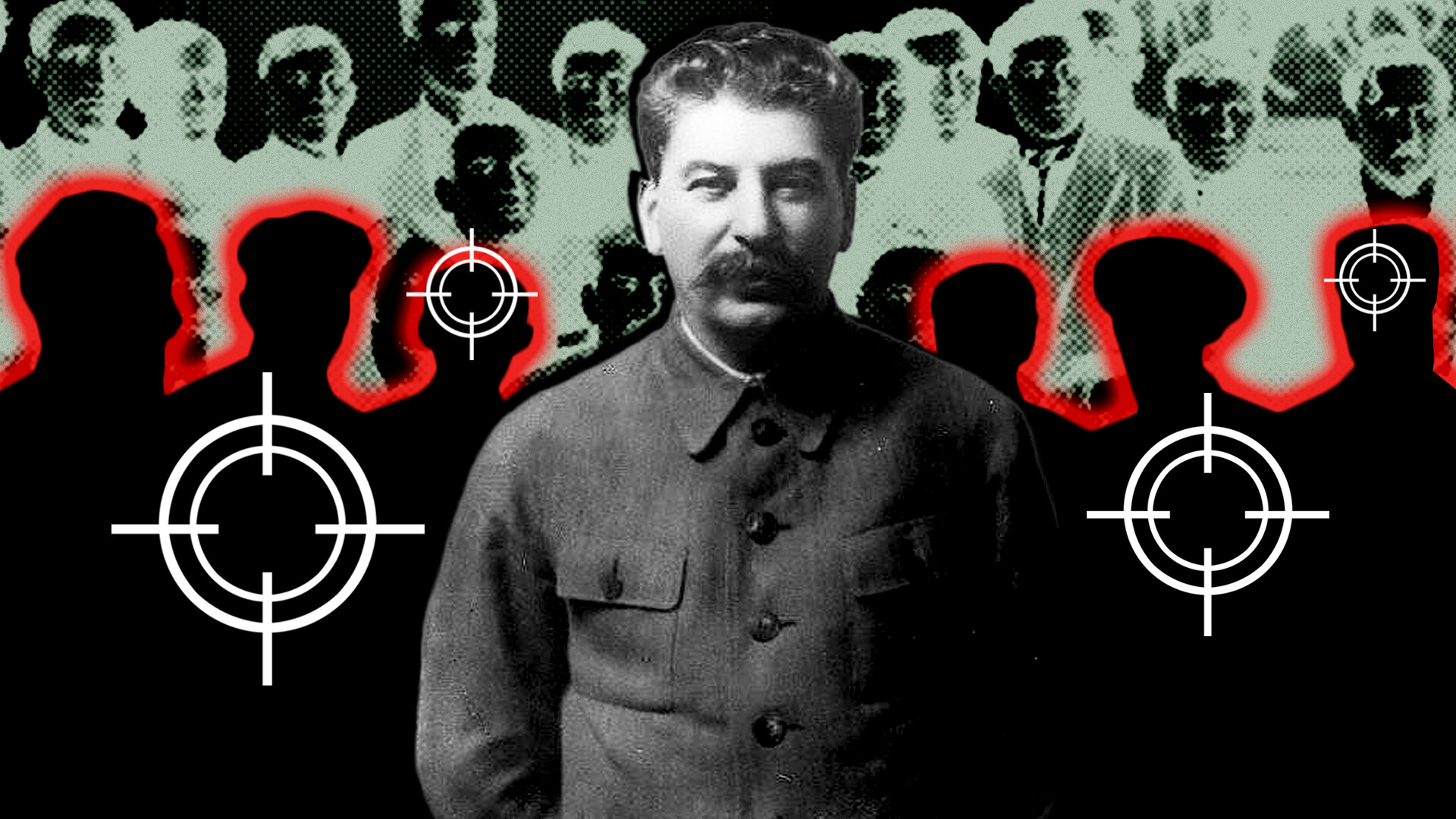
Being a friend of the leader of the Soviet state, the all-powerful ‘Architect of Communism’ Joseph Stalin, could bring all sorts of benefits to the individuals concerned, including a high position in the country’s power hierarchy. At the same time, it did not guarantee them personal immunity or even survival.
Being totally uninterested in politics was the main prerequisite for a long and lasting friendship with the ‘Father of Nations’. And the examples of Peter Kapanadze and the Egnatashvili brothers fully confirm this.
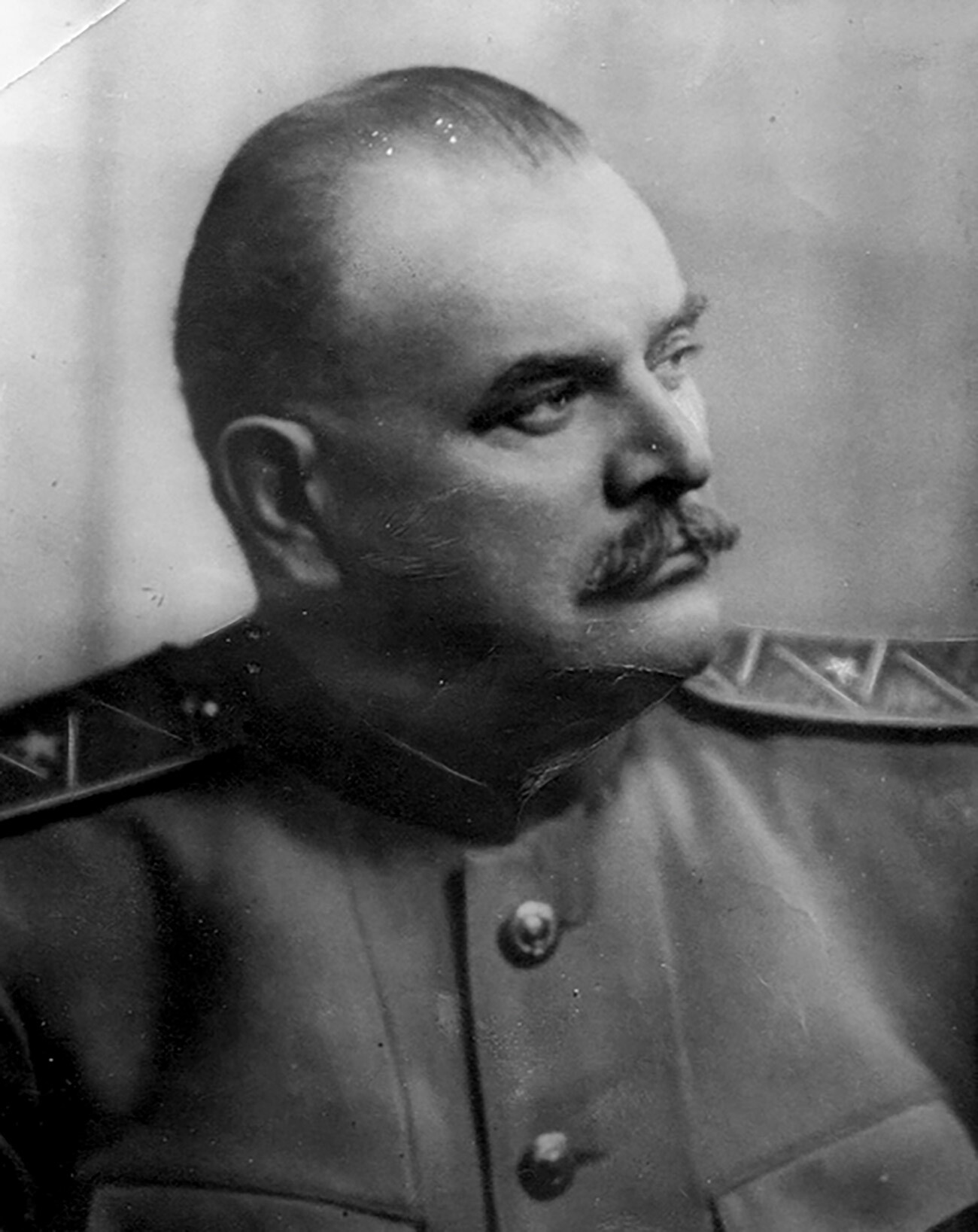
Alexander Egnatashvili.
Public DomainIosif Dzhugashvili (the ‘Great Leader and Teacher’s real name) met Kapanadze at an Orthodox theological seminary in his hometown of Gori in Georgia. He became one of the first close friends of the future Soviet leader.
Kapanadze never showed any interest in politics and held no leadership positions, which, to a large degree, allowed their friendship to last a lifetime. Stalin regularly invited him to spend holidays at his dachas and actively supported him financially. For instance, in 1944, he sent his “friend Petya [diminutive of Peter]” the enormous amount of 40,000 rubles, at a time when the average monthly salary in the country was little more than 400 rubles.
Stalin approved Kapanadze’s idea of writing a short memoir about his childhood, but personally edited it, removing unflattering and comprising passages. The ‘Father of Nations’ was always extremely fussy about what biographies of him were published.
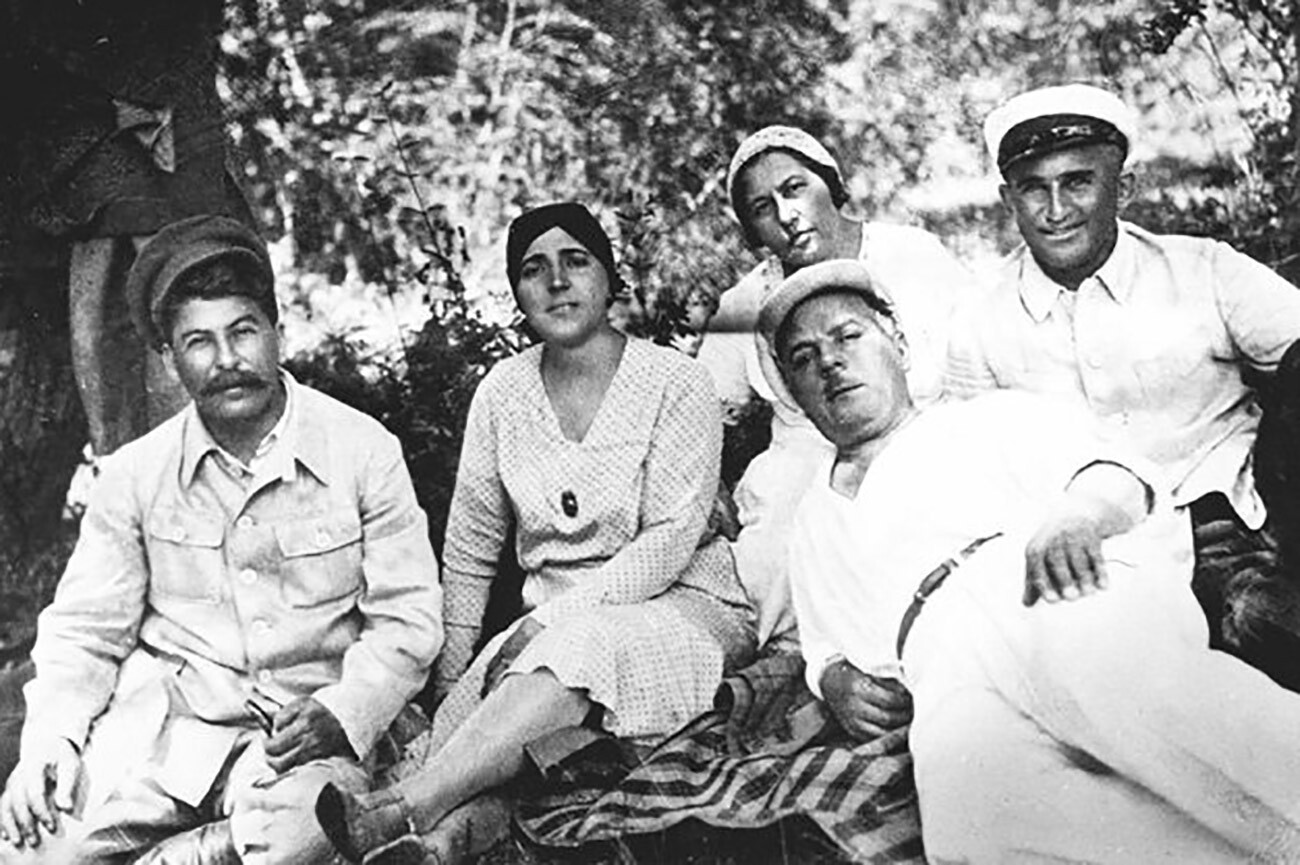
Joseph Stalin, his second wife Nadezhda Alliluyeva, Kliment Voroshilov with his wife Ekaterina, and Avel Enukidze.
Public DomainFriendship with Stalin was also a boon for the brothers Alexander and Vasily Egnatashvili, with whose family the Dzhugashvili family had always been close. Also keeping out of politics, they were involved in professional sport, teaching and cooking. When, in the 1920s, the government implemented the New Economic Policy (NEP), which partly allowed commercial activity, the brothers even set up their own restaurant business.
Soon after NEP was wound down in 1929, Alexander, being a private entrepreneur, ended up in jail. Learning of this, Stalin immediately got him out of prison and brought him into his inner circle. Egnatashvili became personal chef and food taster to the leader of the state, which was a manifestation of the highest degree of trust on Stalin’s part.
Of course, the ‘Father of Nations’ also had numerous friends among politicians and leaders of the Soviet state. But, friendships of this kind would only stand the test of time if the individuals concerned demonstrated unconditional personal devotion to the power-mad Stalin.
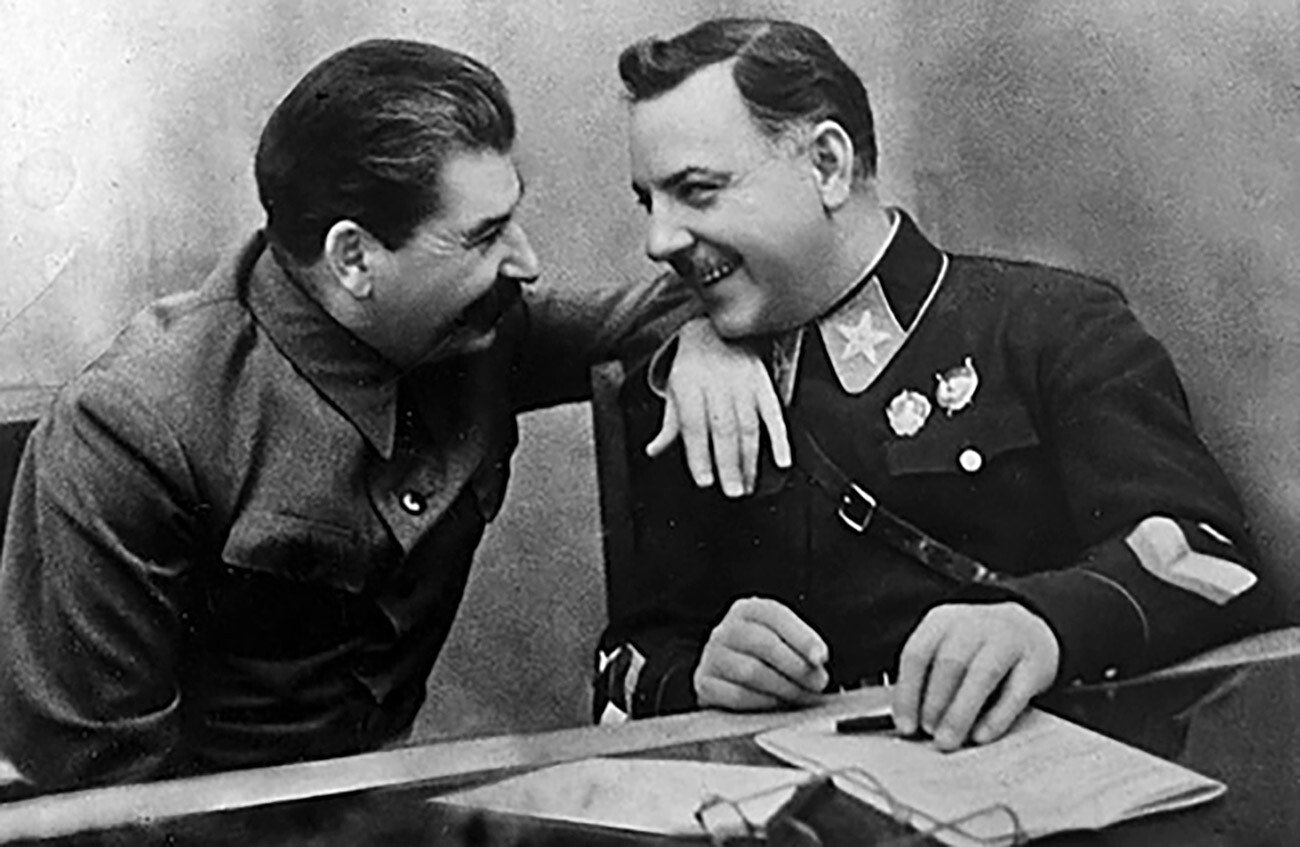
Stalin and Voroshilov.
Public DomainOne such person was Marshal of the Soviet Union Kliment Voroshilov, who had first met the future head of state during the Civil War. Stalin promoted the extremely diligent military leader to the post of People’s Commissar (Minister) for Defence, despite the latter’s less-than-distinguished abilities as a commander.
In the mid-1930s, a split in the country’s top military leadership came to a head: Voroshilov clashed with his deputy, the capable, ambitious and extremely independent-minded Marshal Mikhail Tukhachevsky. Despite the major contribution the latter had made to increasing the defense capabilities of the state, Stalin took the side of his old friend. In 1937, Tukhachevsky was arrested on charges of plotting a military coup and was shot along with a number of commanders who shared his views.
In gratitude, Voroshilov took part without demur in the purge of the Red Army officer corps that started soon afterwards. He actively forwarded lists of commanders liable for arrest to the NKVD bodies, with instructions to urgently take away “all the scum”. By the Spring of 1939, out of five marshals only two were still alive and one of them was Kliment Voroshilov.
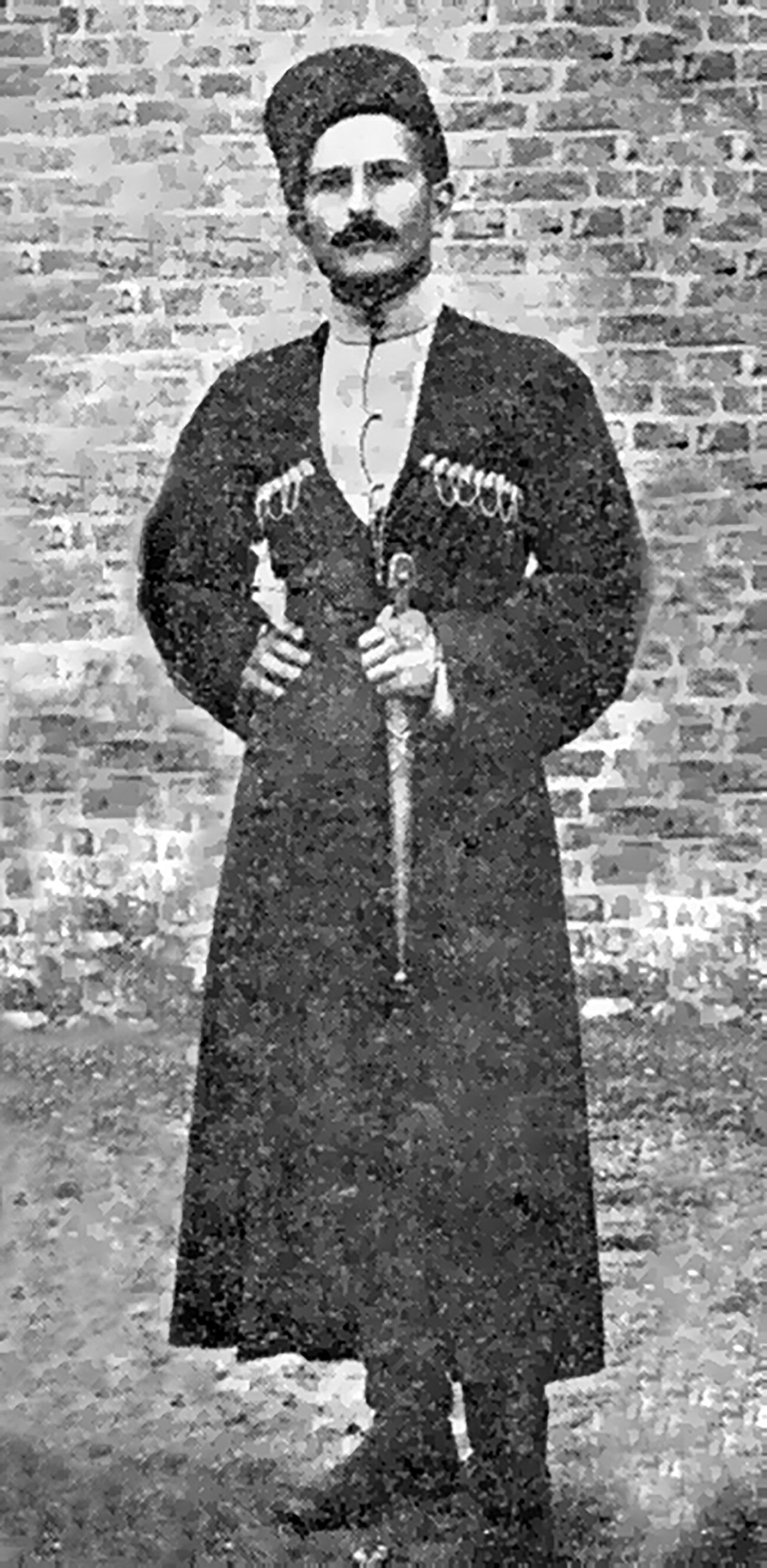
Alexander Svanidze.
Public DomainStalin was capable of forgiving his friends a lot of things, but he drew the line at personal criticism and challenges to his decisions. Anyone doubting the correctness of the Great Leader’s actions paid dearly for it.
Descended from Georgian nobility, Alexander Svanidze, whom Dzhugashvili had forged a friendship with when both attended theological seminary in Tbilisi, was a multi-talented individual. He not only worked in the field of state foreign policy and foreign trade, but became the organizer and editor of the academic publication ‘Journal of Ancient History’, the author of numerous works of literary scholarship and a translator.
In the period of the ‘Great Terror’, Svanidze ceaselessly criticized Stalin for the purges that were taking place and attempted, in vain, to speak up for acquaintances who had been arrested and to persuade him to reconsider the policy. He openly described the leader as a “non-revolutionary”, something that aroused Stalin’s extreme irritation.
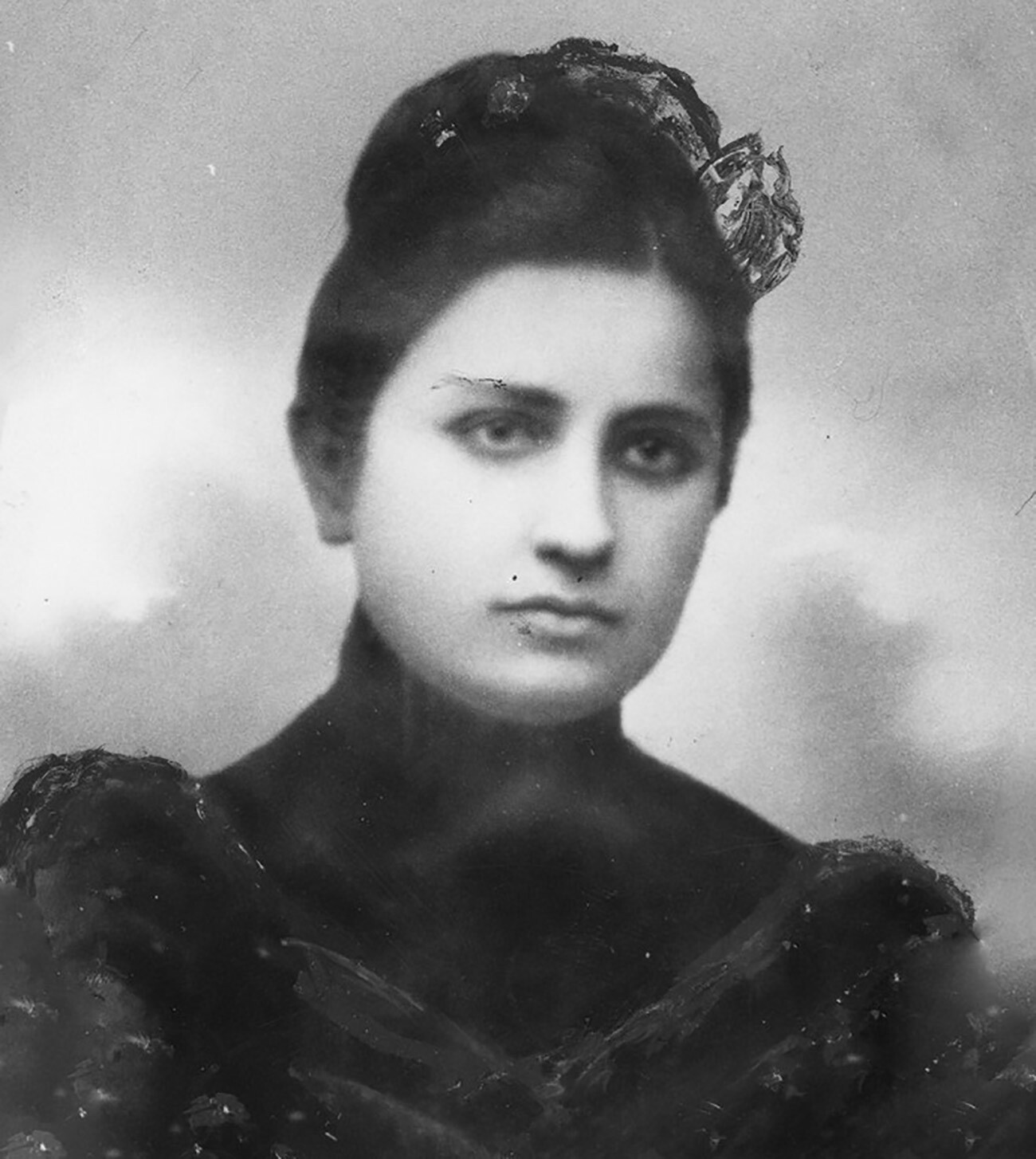
Ekaterina Svanidze.
Public DomainIn the end, on December 23, 1937, Alexander Svanidze was arrested on a charge of involvement in an anti-Soviet organization. He was not even saved by the fact that he was the brother of Stalin’s first wife, Ekaterina ‘Kato’ Svanidze.
According to the reminiscences of prominent Soviet political figure Anastas Mikoyan, in 1941, on Stalin’s orders, the jailed Svanidze was offered a pardon if he asked forgiveness from the Central Committee of the Party. Conscious of not being guilty of anything, he refused and was shot shortly afterwards. “Such aristocratic pride,” was Stalin's comment on Svanidze’s decision.
A similar fate befell another old friend of Joseph Stalin’s - Avel Enukidze, the godfather of his wife Nadezhda Alliluyeva. The secretary of the USSR Central Executive Committee Presidium was accused of treason and espionage, and shot on December 16, 1937.
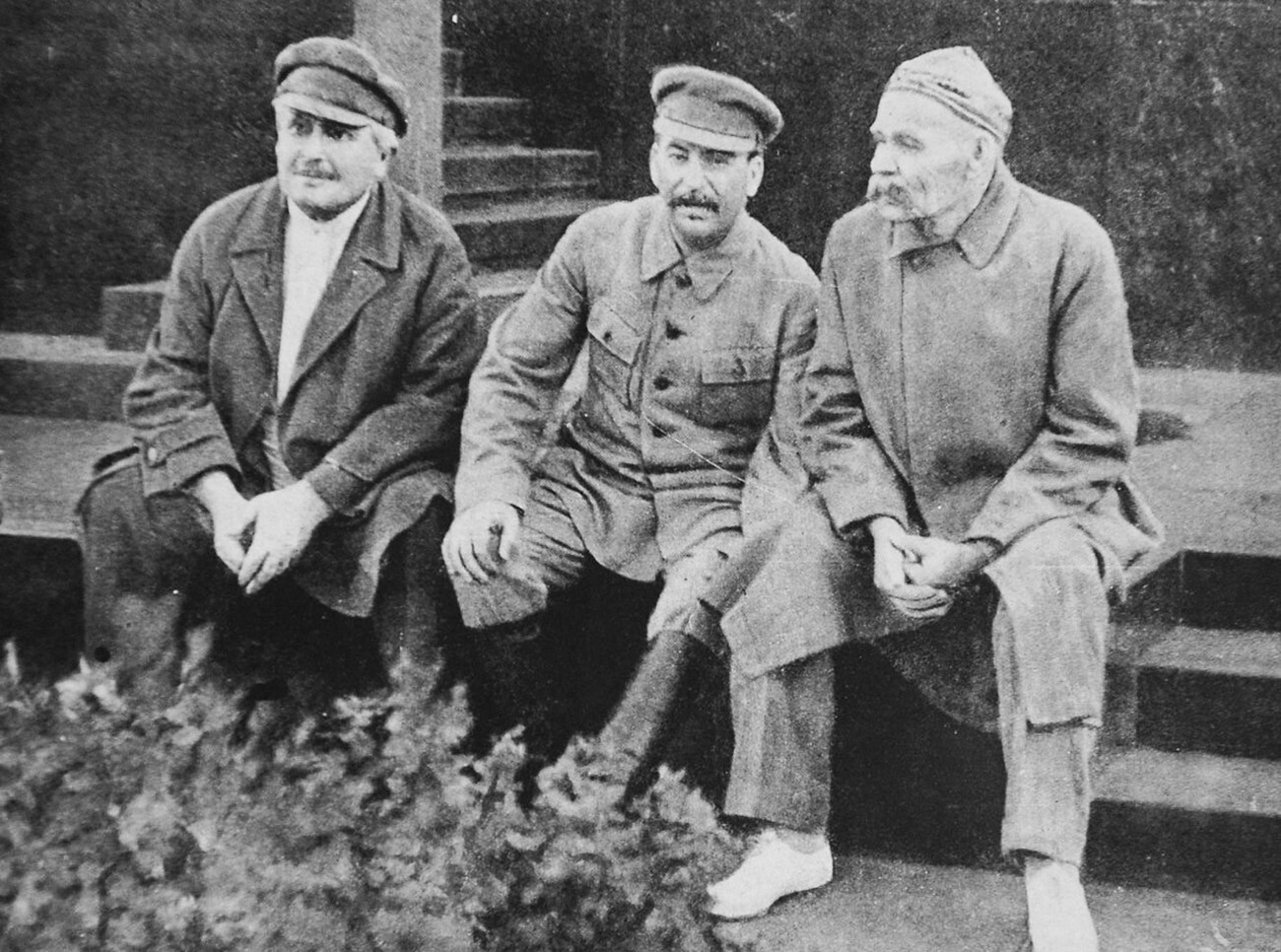
Avel Enukidze, Joseph Stalin and writer Maxim Gorky.
Public DomainUnder interrogation, Enukidze told investigators the real reason for his sorry fate: “My entire crime is that when [Stalin] told me he wanted to organize a trial and have Kamenev and Zinoviev shot (they were Stalin’s rivals in an intra-party quarrel), I attempted to make him change his mind. ‘Soso,’ I said to him, ‘there is no doubt about it, they have done you a lot of harm, but they have already suffered enough for it: You expelled them from the Party, you are holding them in prison, their children have nothing to eat. Soso,’ I said, ‘they are Old Bolsheviks, like you and me. You can’t shed the blood of Old Bolsheviks! Just think what the whole world will say about us!’ His eyes glared at me as if I had murdered his own father and he said: ‘Remember, Avel, whoever is not with me is against me!’”
If using any of Russia Beyond's content, partly or in full, always provide an active hyperlink to the original material.
Subscribe
to our newsletter!
Get the week's best stories straight to your inbox